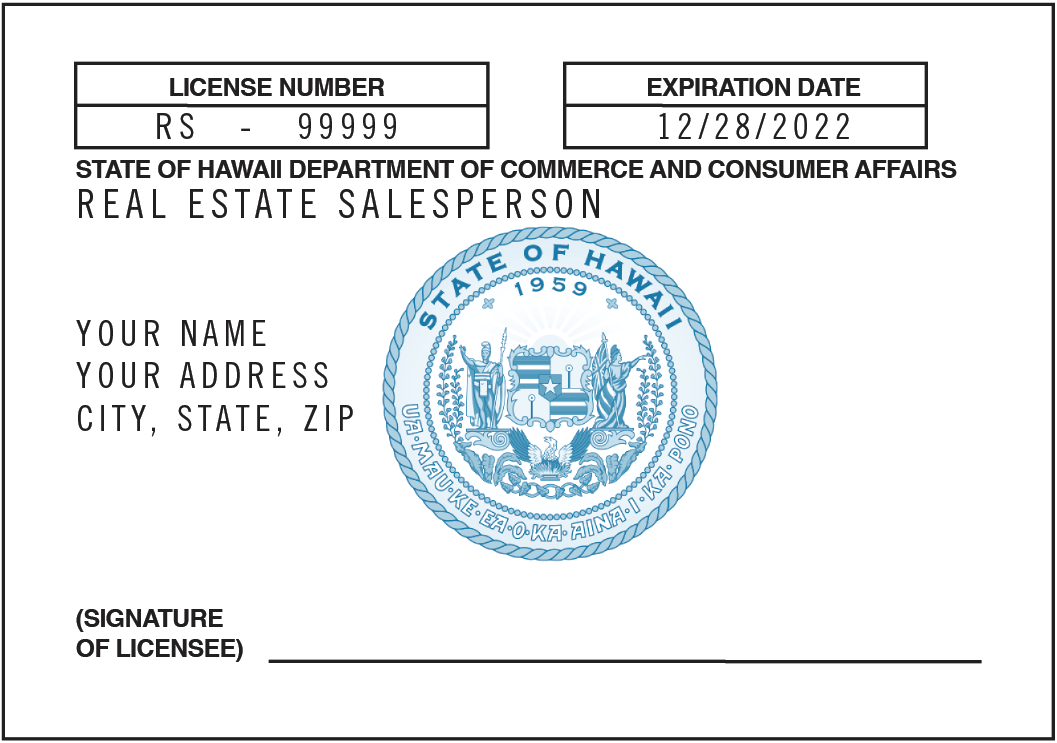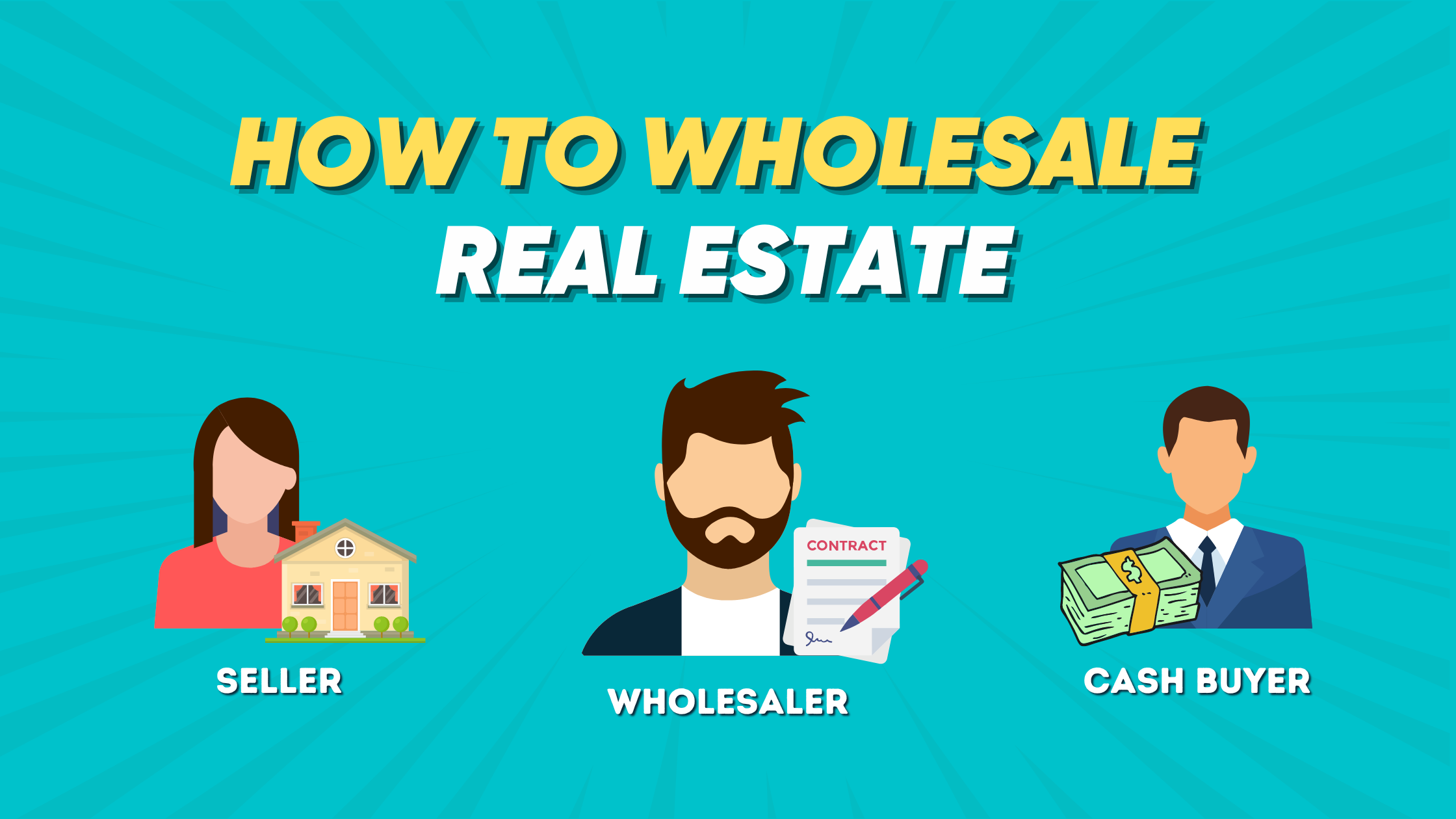
A house option can be a great way to start the process of buying a home if you do not have the money to buy one. The option allows you to make a non-binding offer on a property, but it cannot be revoked. If the seller accepts you offer, then you can purchase the property.
Real estate options contract
A real estate contract gives the buyer the option to purchase a particular property at a predetermined price for a period of time. The contract specifies the requirements for acquiring an option.
What is a real estate option?
A house-option is a realty purchase agreement which allows you to acquire a property for a certain price. A house option is a real estate purchase agreement that allows you to buy a property at a set price.

What is an Option Contract in Real Estate?
Option contracts in real estate are a type purchase agreement which allows you to purchase a property for a fixed price. Investors use it because it can be legally binding.
What is a real estate options agreement?
A legal contract is an agreement between a buyer and seller which allows you to buy a house. The terms of the contract must be clearly outlined and adhere to all local and federal laws. The options agreement can be very similar to a lease agreement, but the purchase price is determined differently.
What are some of the advantages to option contracts?
Investors who believe that the price of a particular property will increase can choose to invest in real estate options. The investor waits for the market to perform the property and pays a premium. If the value increases, the investor can sell the contract to another investor for a higher price than they paid.
Option to buy real estate
There are many benefits to an option contract on real estate.

The homebuyer should be aware of the contract terms and understand how they apply to them. This is important, especially when options last for long periods. Option fees may not be returned after the contract has expired.
If you are purchasing a house as a homeowner and do not want to pay thousands in deposits, this is something that you should know. In Texas, you must have an active option contract if you want to be able to get a home inspection and back out of the sale with your earnest money intact.
A reputable Asheville attorney can help you with any questions or concerns regarding the purchase of your home. You may also need assistance in drafting an options agreement. Goosmann Rose Colvard & Cramer will help you with any real estate issues. To schedule a no-obligation consultation, please contact us.
FAQ
What is a Reverse Mortgage?
A reverse mortgage allows you to borrow money from your house without having to sell any of the equity. It allows you access to your home equity and allow you to live there while drawing down money. There are two types: conventional and government-insured (FHA). Conventional reverse mortgages require you to repay the loan amount plus an origination charge. FHA insurance covers repayments.
Should I rent or purchase a condo?
Renting may be a better option if you only plan to stay in your condo a few months. Renting can help you avoid monthly maintenance fees. On the other hand, buying a condo gives you ownership rights to the unit. You can use the space as you see fit.
What are the 3 most important considerations when buying a property?
The three most important factors when buying any type of home are location, price, and size. It refers specifically to where you wish to live. Price refers the amount that you are willing and able to pay for the property. Size is the amount of space you require.
How long does it usually take to get your mortgage approved?
It depends on several factors such as credit score, income level, type of loan, etc. It takes approximately 30 days to get a mortgage approved.
Is it better for me to rent or buy?
Renting is generally cheaper than buying a home. But, it's important to understand that you'll have to pay for additional expenses like utilities, repairs, and maintenance. Buying a home has its advantages too. You will have greater control of your living arrangements.
What should you look out for when investing in real-estate?
The first thing to do is ensure you have enough money to invest in real estate. If you don’t save enough money, you will have to borrow money at a bank. It is also important to ensure that you do not get into debt. You may find yourself in defaulting on your loan.
You also need to make sure that you know how much you can spend on an investment property each month. This amount should cover all costs associated with the property, such as mortgage payments and insurance.
It is important to ensure safety in the area you are looking at purchasing an investment property. It would be best if you lived elsewhere while looking at properties.
Statistics
- This seems to be a more popular trend as the U.S. Census Bureau reports the homeownership rate was around 65% last year. (fortunebuilders.com)
- When it came to buying a home in 2015, experts predicted that mortgage rates would surpass five percent, yet interest rates remained below four percent. (fortunebuilders.com)
- Some experts hypothesize that rates will hit five percent by the second half of 2018, but there has been no official confirmation one way or the other. (fortunebuilders.com)
- 10 years ago, homeownership was nearly 70%. (fortunebuilders.com)
- This means that all of your housing-related expenses each month do not exceed 43% of your monthly income. (fortunebuilders.com)
External Links
How To
How to Manage a Rent Property
Although renting your home is a great way of making extra money, there are many things you should consider before you make a decision. We will show you how to manage a rental home, and what you should consider before you rent it.
Here are the basics to help you start thinking about renting out a home.
-
What should I consider first? Before you decide if your house should be rented out, you need to examine your finances. You may not be financially able to rent out your house to someone else if you have credit card debts or mortgage payments. Your budget should be reviewed - you may not have enough money to cover your monthly expenses like rent, utilities, insurance, and so on. This might be a waste of money.
-
How much is it to rent my home? The cost of renting your home depends on many factors. These factors include your location, the size of your home, its condition, and the season. It's important to remember that prices vary depending on where you live, so don't expect to get the same rate everywhere. The average market price for renting a one-bedroom flat in London is PS1,400 per month, according to Rightmove. This means that if you rent out your entire home, you'd earn around PS2,800 a year. It's not bad but if your property is only let out part-time, it could be significantly lower.
-
Is it worthwhile? You should always take risks when doing something new. But, if it increases your income, why not try it? Make sure that you fully understand the terms of any contract before you sign it. Not only will you be spending more time away than your family, but you will also have to maintain the property, pay for repairs and keep it clean. Before signing up, be sure to carefully consider these factors.
-
Are there benefits? There are benefits to renting your home. There are many reasons to rent your home. You can use it to pay off debt, buy a holiday, save for a rainy-day, or simply to have a break. It's more fun than working every day, regardless of what you choose. And if you plan ahead, you could even turn to rent into a full-time job.
-
How do I find tenants Once you decide that you want to rent out your property, it is important to properly market it. Make sure to list your property online via websites such as Rightmove. Once potential tenants reach out to you, schedule an interview. This will help you evaluate their suitability as well as ensure that they are financially secure enough to live in your home.
-
How can I make sure I'm covered? If you don't want to leave your home empty, make sure that you have insurance against fire, theft and damage. You'll need to insure your home, which you can do either through your landlord or directly with an insurer. Your landlord may require that you add them to your additional insured. This will cover any damage to your home while you are not there. This doesn't apply to if you live abroad or if the landlord isn’t registered with UK insurances. In this case, you'll need to register with an international insurer.
-
If you work outside of your home, it might seem like you don't have enough money to spend hours looking for tenants. Your property should be advertised with professionalism. Post ads online and create a professional-looking site. It is also necessary to create a complete application form and give references. While some prefer to do all the work themselves, others hire professionals who can handle most of it. It doesn't matter what you do, you will need to be ready for questions during interviews.
-
What happens after I find my tenant?After you've found a suitable tenant, you'll need to agree on terms. If you have a contract in place, you must inform your tenant of any changes. If you don't have a lease, you can negotiate length of stay, deposit, or other details. Keep in mind that you will still be responsible for paying utilities and other costs once your tenancy ends.
-
How do I collect my rent? When the time comes to collect the rent, you'll need to check whether your tenant has paid up. You'll need remind them about their obligations if they have not. You can deduct any outstanding payments from future rents before sending them a final bill. If you're struggling to get hold of your tenant, you can always call the police. If there is a breach of contract they won't usually evict the tenant, but they can issue an arrest warrant.
-
How do I avoid problems? It can be very lucrative to rent out your home, but it is important to protect yourself. Consider installing security cameras and smoke alarms. Make sure your neighbors have given you permission to leave your property unlocked overnight and that you have enough insurance. You should never allow strangers into your home, no matter how they claim to be moving in.